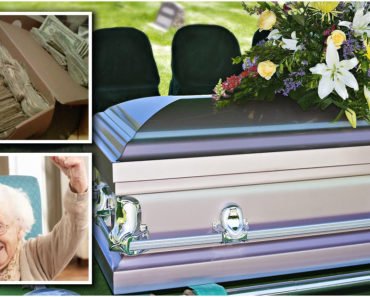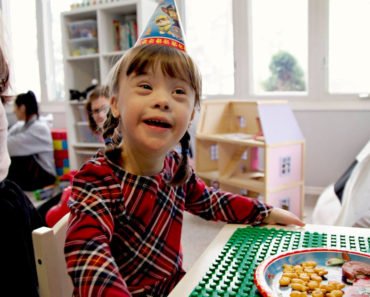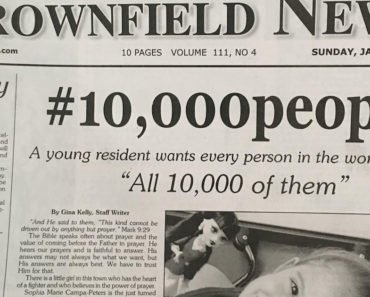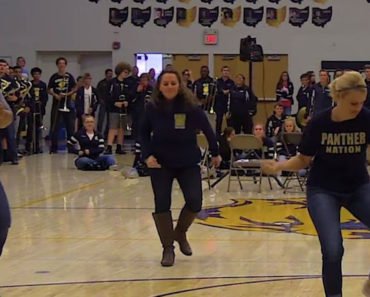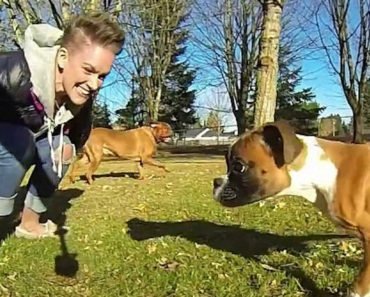It is regular practice today in NICU wards all over the United States for preemie babies to receive lots of human touch—laying on their mom’s and dad’s chest, skin to skin. This type of contact not only helps prevent health issues that plague early newborns, such as hypothermia, but also promotes the breastfeeding connection between mother and baby, when the baby needs it most. Early separation of baby from its mother or the twin it shared a womb with has been shown to have harmful effects. But the medical community did not always know this.
In October 1995, a pair of twins was born 12 weeks premature. They were two girls, each weighing only about 2 pounds.
“The nurses in the NICU were very honest, and they told me up front that things look pretty good now, but in the next 48 to 72 hours, things could turn very quickly.”
The parents’ fears were realized and one of the twins began to have difficulty breathing, and the problem kept getting worse. As the weaker twin lay in an incubator, one of the NICU nurses had an idea. She took the stronger twin, whose vital signs were stable, and placed her in the incubator with her ailing sister.
It was then that a miracle happened.
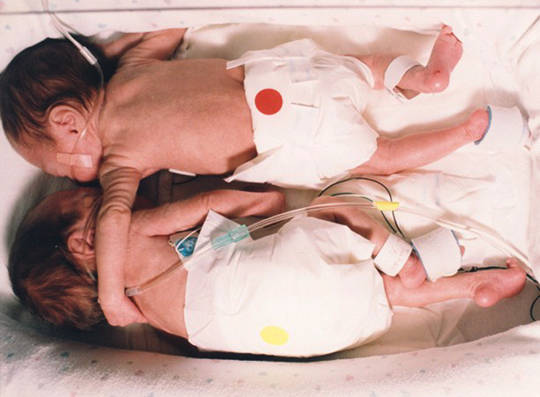
Kyrie, the healthier twin, flopped a little arm around her sister Brielle. Brielle’s breathing and vital signs then went back to normal, and stayed that way. A photographer at the hospital caught the moment on film.
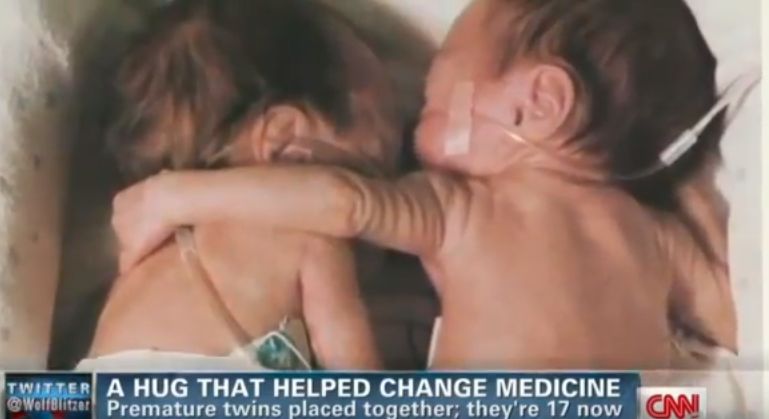
“The Rescuing Hug” photograph appeared in Life Magazine and Reader’s Digest. 17 years later, the girls are grown.
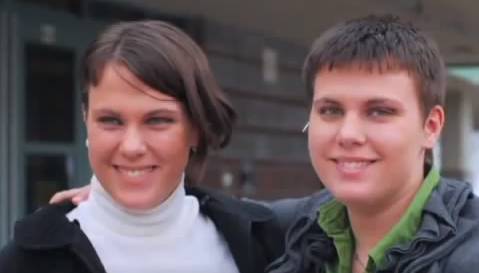
They are normal, healthy teenagers getting ready to set off into life as adults. And thanks to NICU nurse Gayle Kasparaian and others like her, the medical field has come to realize the value of human contact for prematurely born babies.

